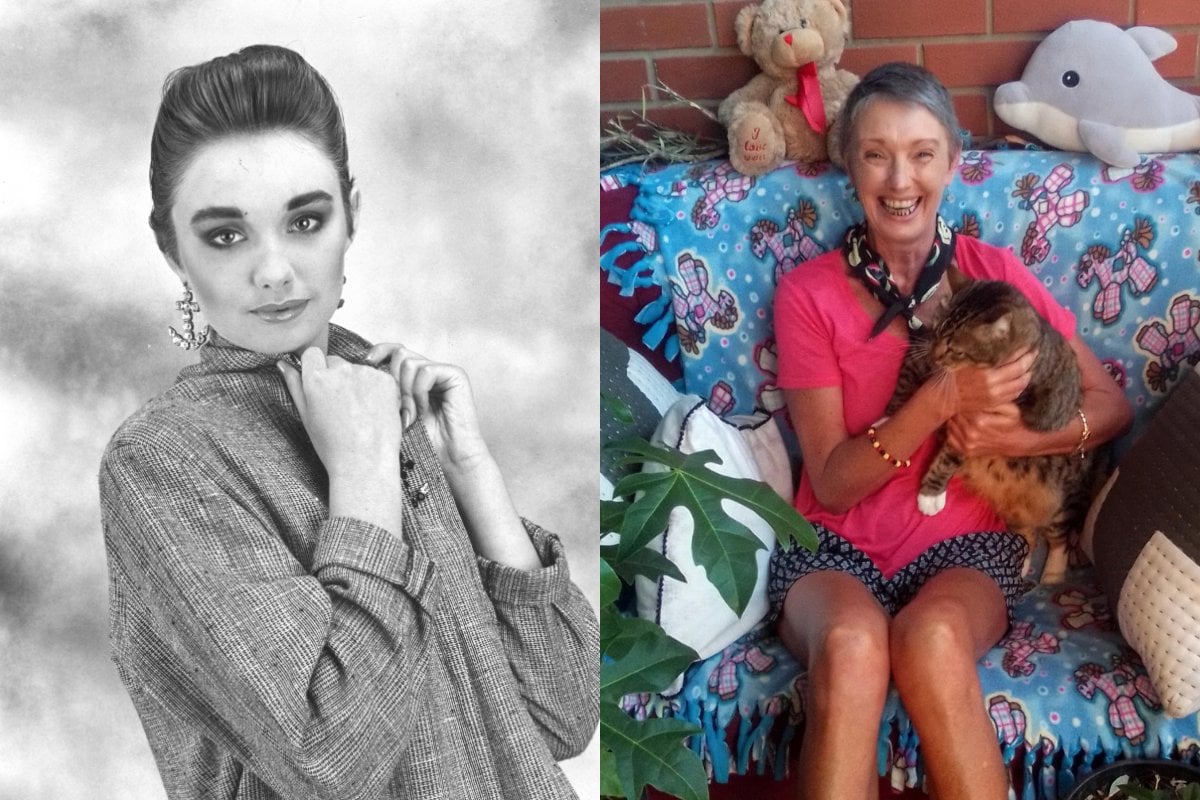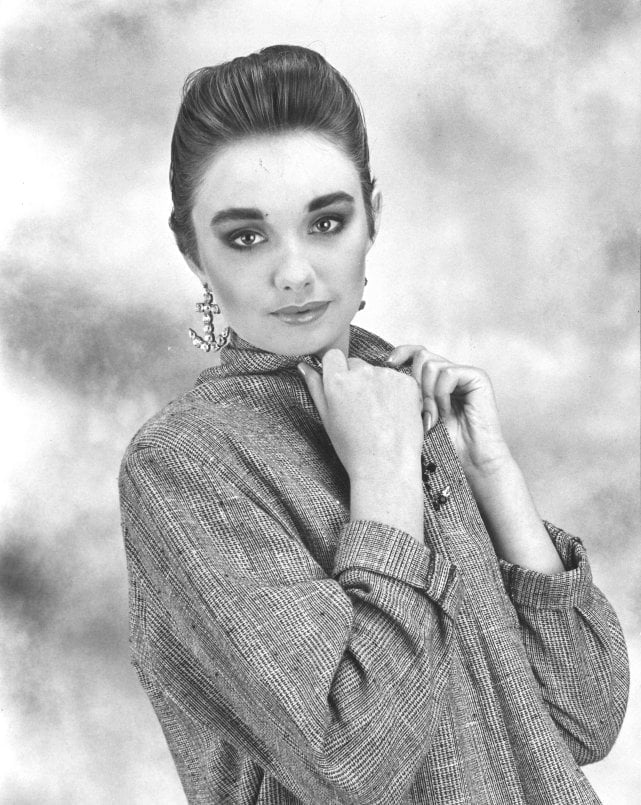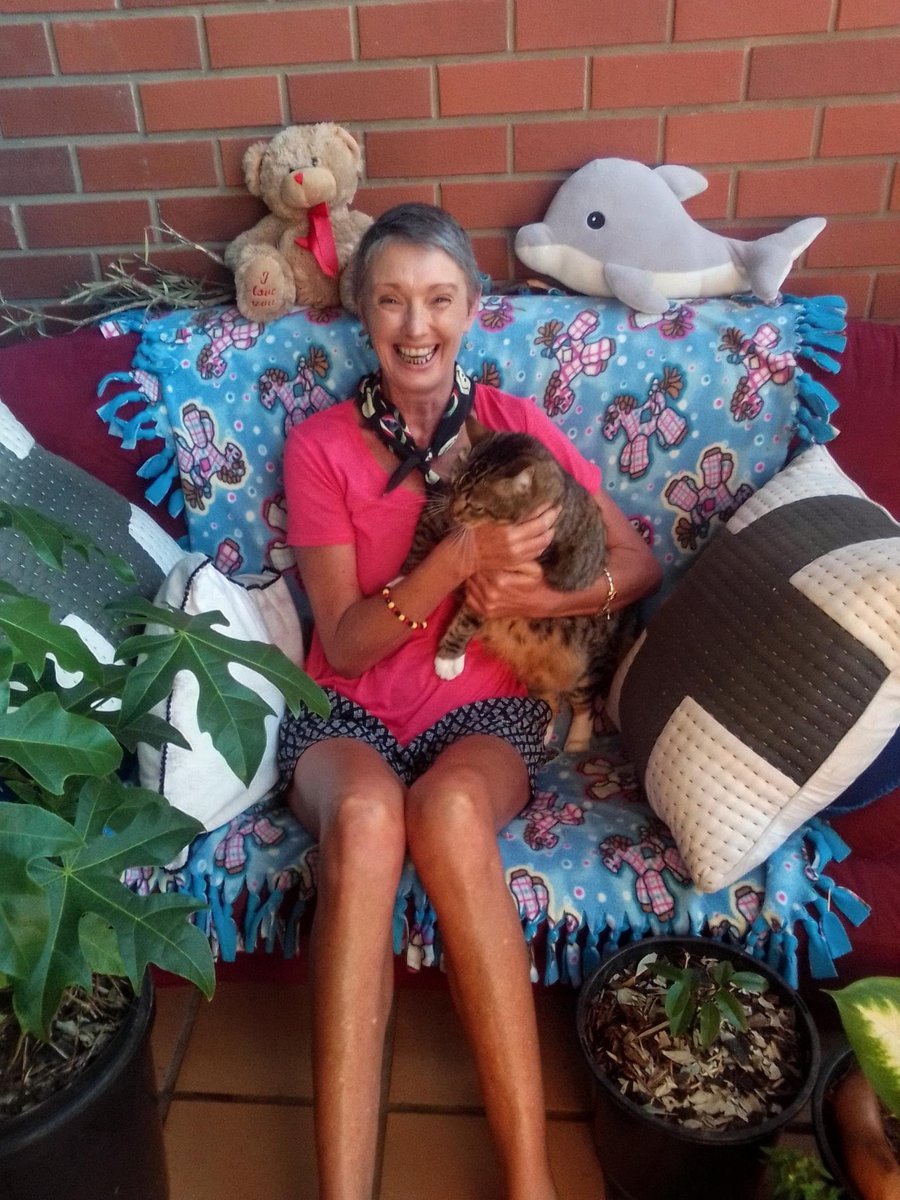
This post deal with domestic violence and drug use, and could be triggering for some readers.
Back in the late 1980s and early 1990s, Charlene was a catwalk model for top designers and she partied with rock stars. But when COVID hit 18 months ago, she found herself living in her car in northern NSW. So what happened?
Charlene grew up in Manchester in the UK.
Her passion was horse riding, but her mum signed her up to do an etiquette course and she ended up getting into modelling.
When she was offered the chance to model in Japan, she jumped at it. She was just 18 when she moved to Tokyo with a group of other British models.
Watch: Formerly homeless people share what you can give to really make a difference. Post continues below.
“I was working for some fantastic designers, like Comme Des Garcons,” she tells Mamamia. “I made so much money I bought my mum and dad a house.”
Charlene worked hard and partied hard.
“Because we were models, we got free drinks. There were lines of cocaine everywhere, if that’s what you wanted. My choice of drug was alcohol because I always got home, no matter how. I crawled, whatever.”




